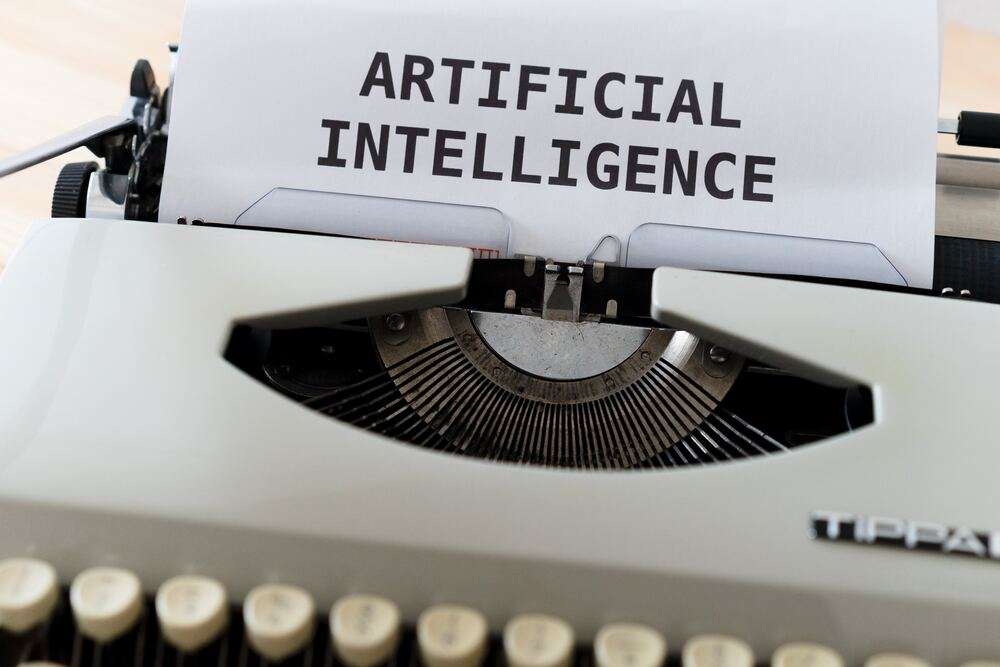Thyroid disorders are often treated with medications or surgical procedures aimed at regulating or restoring thyroid function. However, these treatment options can come with a range of side effects that can impact patient health and well-being. These side effects can pose a challenge for scientists and clinicians in thyroid research and healthcare, who must balance the benefits of treatment against the potential risks.
The rest of this article highlights the challenge of side effects of treatments in thyroid research and its impact on patients.
Side effects of treatments are a significant challenge in thyroid research because they can affect treatment outcomes and patients’ quality of life. Thyroid disorders, including hyperthyroidism, hypothyroidism, and thyroid cancer, are typically treated with medications, surgery, or radioactive iodine. While these treatments can be effective, they may also present side effects that may limit their use or require additional management.
For instance, while thyroid hormone replacement therapy is generally safe and effective, some patients may experience side effects, such as palpitations, tremors, anxiety, weight loss, and insomnia, particularly if they are over-treated. In contrast, if the dose is too low, patients may continue to experience symptoms such as fatigue, weight gain, and depression. Finding the correct thyroid hormone replacement dosage can be challenging, as it may vary depending on individual factors such as age, weight, and other medical conditions.
Similarly, treatments for hyperthyroidism, such as antithyroid medications and radioactive iodine, also have side effects. Antithyroid medications can cause side effects such as skin rash and joint pain, while radioactive iodine therapy, also commonly used to treat thyroid cancer, can have side effects such as nausea, dry mouth, and fatigue. Patients who receive radioactive iodine must be carefully monitored for side effects and may require additional treatment if the initial treatment is ineffective. They may also have to avoid close contact with others due to radiation exposure, which can disrupt daily life.
Surgery is another standard treatment for thyroid disorders, including thyroid cancer. While surgery can effectively remove cancerous or abnormal thyroid tissue, it can also result in side effects such as pain, swelling, and scarring. In some cases, complications such as injury to the vocal cords or parathyroid glands may occur, which can have long-term effects on patient health. In some cases, surgery may not be effective, and the patient may require additional treatment.
Addressing the challenge will require research efforts to develop new treatments with fewer side effects and to better understand the mechanisms underlying the side effects of current therapies. Efforts have been made to develop new therapeutic approaches for hypothyroidism such as the sustained-release T3 therapy aimed at boosting T3 hormone levels. This is based on the hypothesis that the deiodinases (the enzymes responsible for the conversion of inactive T4 to active T3) may not work effectively in some hypothyroid patients on levothyroxine monotherapy. Whether this approach is substantially advantageous over the current standard levothyroxine monotherapy remains to be established.
Key Takeaways
- The most common treatments for thyroid disorders, such as thyroid hormone replacement therapy, antithyroid medication, and surgery, can cause significant side effects capable of impacting a patient’s quality of life.
- Finding the appropriate dosage of thyroid hormone replacement drugs can be difficult, as it may vary depending on a host of individual factors such as age, weight, and other medical conditions.
- Patients who receive radioactive iodine treatment have to be closely monitored for side effects. Sometimes, further treatment may be required.
- Continued research efforts are needed to develop effective treatments with fewer side effects
To read about other challenges in thyroid research, click on any of the following:
- Challenge #4: Side effects of treatment




